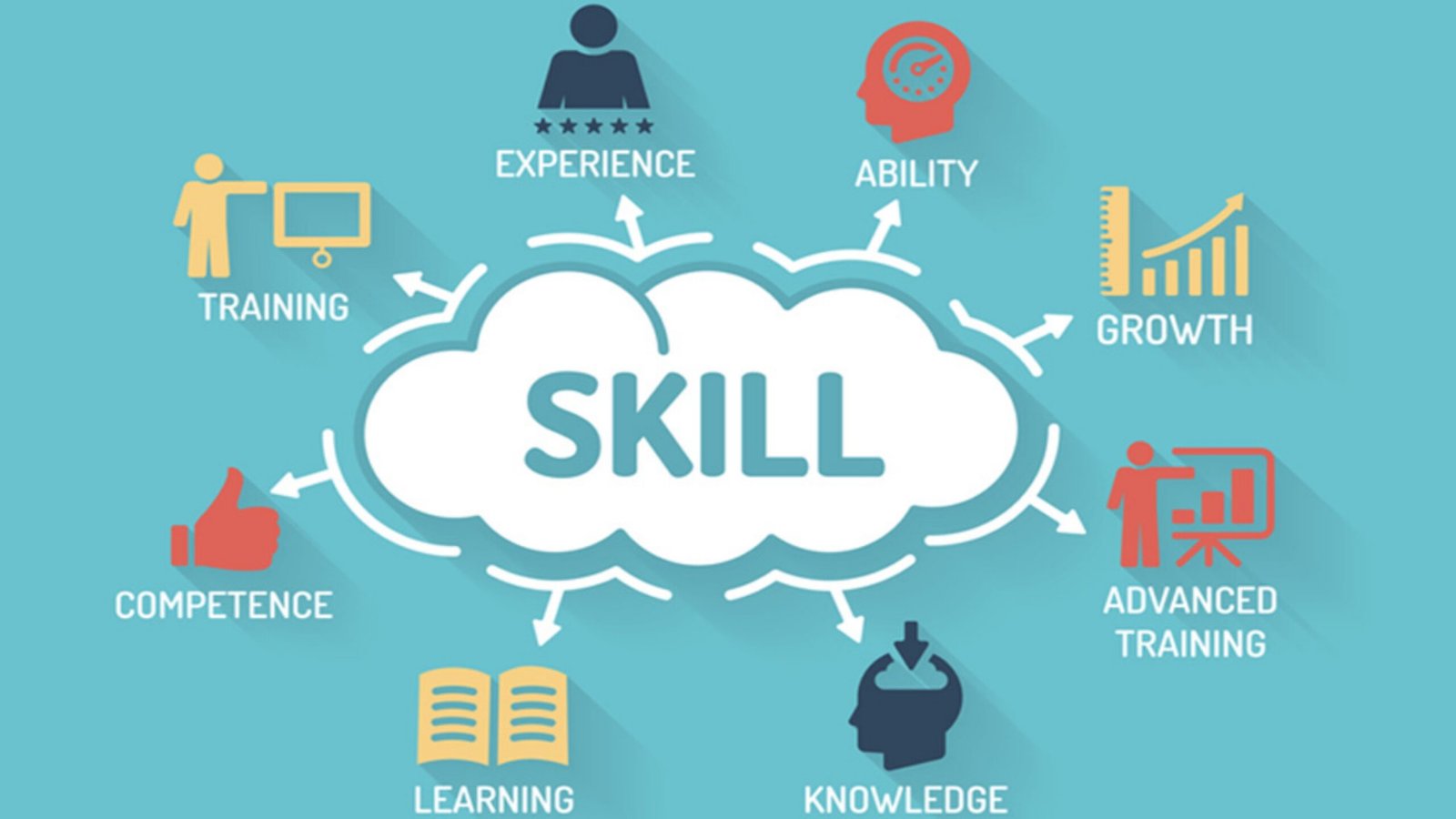How Education Is Fueling Entrepreneurship
In today’s fast-evolving world, education is no longer limited to classrooms and textbooks. It had nevermind becomes a a powerful driver of innovation, leadership, and entrepreneurship. As the global economy shifts towards knowledge and skill-based industries, education is playing a crucial role in shaping entrepreneurial minds.
Building Entrepreneurial Mindsets
Modern education systems are increasingly designed to encourage creativity, critical thinking, and problem-solving — all key qualities of successful entrepreneurs. From school-level innovation challenges to college incubators, students are now being trained to think beyond traditional job roles and consider creating solutions to real-world problems. This shift is developing a generation that is not just job-seeking but job-creating.
Exposure to New Ideas and Technologies
Educational institutions have become hubs of innovation. Access to modern tools, such as artificial intelligence, blockchain, and robotics, is allowing students to explore business ideas with real-world applications. Entrepreneurship programs in universities often provide exposure to industry trends, startup success stories, and emerging markets, helping students understand the possibilities beyond conventional career paths.
Skill Development for Business Success
Education today focuses not just on academic knowledge, but also on practical skills like leadership, communication, digital literacy, and financial management. Many institutions offer specialized entrepreneurship courses that teach business planning, market research, branding, and fundraising. These courses empower students with the skills needed to launch and run successful businesses.
Incubation and Mentorship Support
One of the most significant contributions of education to entrepreneurship is the rise of startup incubators and accelerators in educational institutions. College’s photo editing apps and universities in 500 now provide resources such as funding, mentorship, workspace, and networking and opportunities. These facilities help budding entrepreneurship test their ideas, build prototypes, and connect with investors and industry experts.
Encouraging Risk-Taking and Innovation
Education systems that support open learning, experimentation, and collaboration encourage students to take calculated risks. Competitions like hackathons, startup pitch events, and innovation fairs provide platforms for young minds to showcase their ideas. Suchitra in exposures to build a a confidence to and teachers and valuables Market lessons about failures, persistency, and growths.
Promoting Social and Impact Entrepreneurship
Another way education is fueling
entrepreneurship is by inspiring students to create ventures that solve social, environmental, or community-based challenges. Courses in sustainability, ethics, and social impact help students think beyond profits and focus on purpose-driven businesses. This form of entrepreneurship is growing rapidly, especially among the youth who want to make a difference in the world.
Conclusion
Educational institutions and is no longer and watch linear pathology to employhment—it’s a launch pad hi for innovations in and entrepreneurship. By equipping students with the right skills, mindset, and support, educational institutions are playing a vital role in creating the entrepreneurs of tomorrow. As more students embrace the entrepreneurial of spirit, educational institutions continued to to be the foundations of for building businesses that shaped the the futures.








